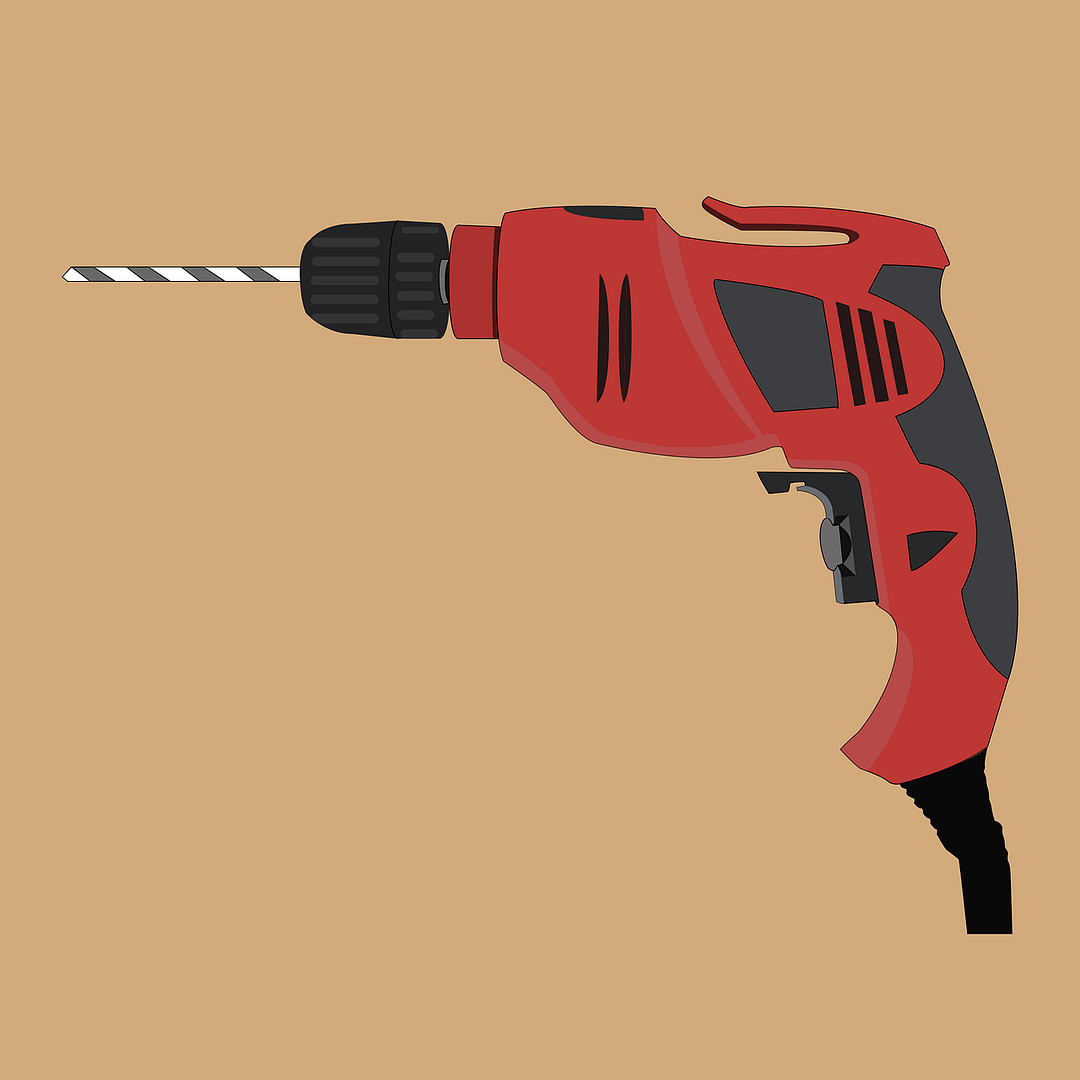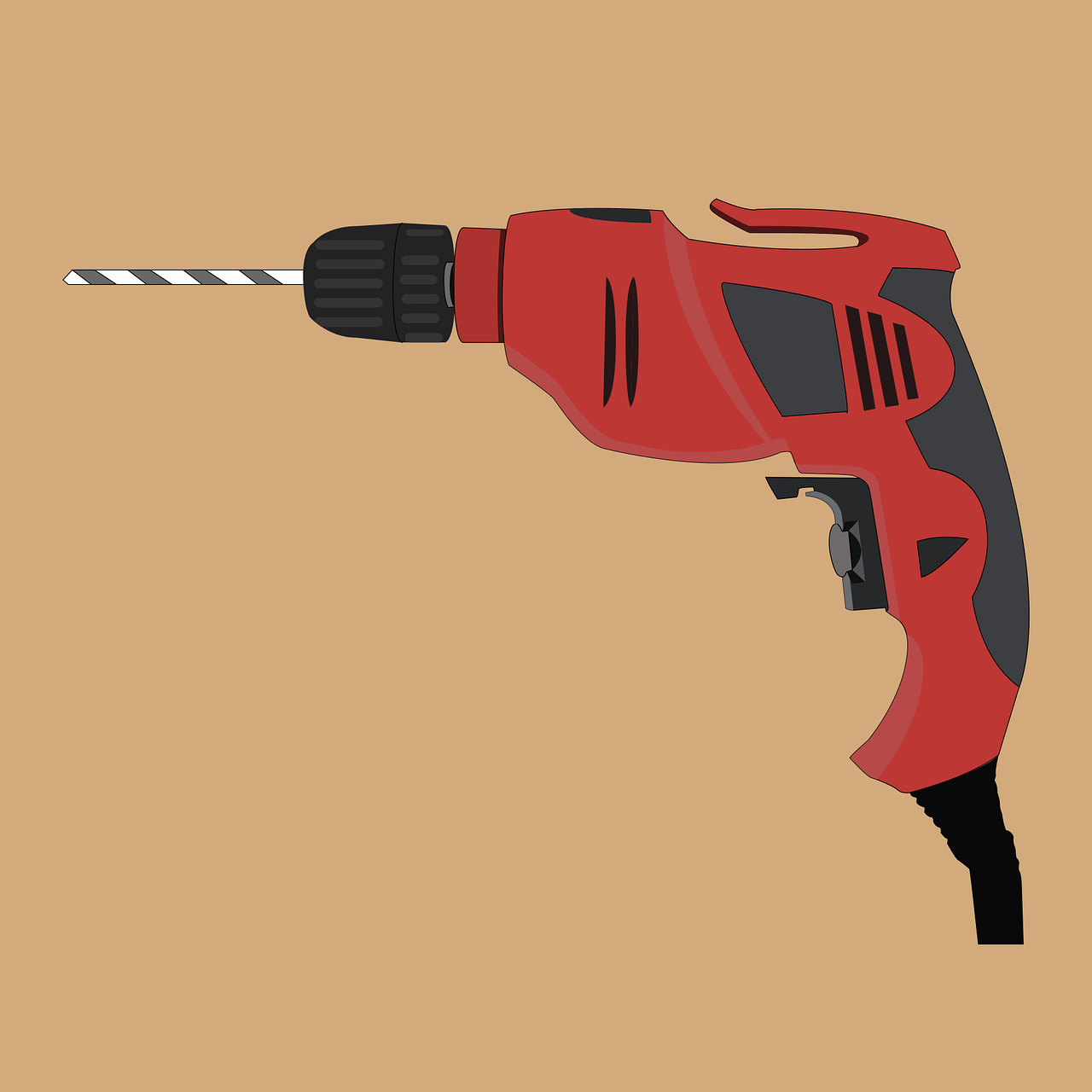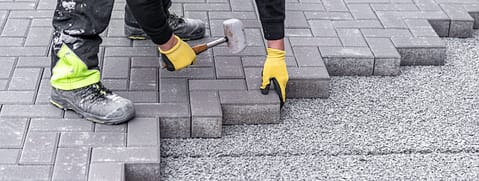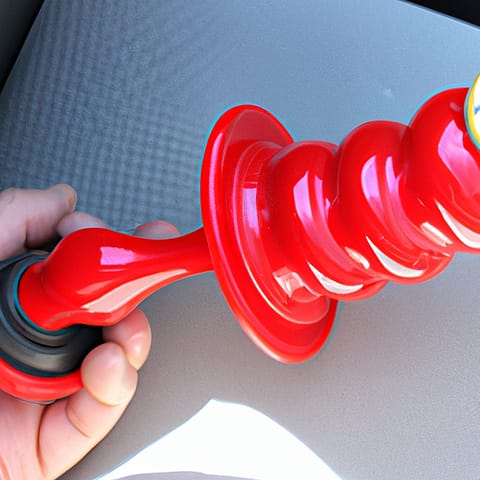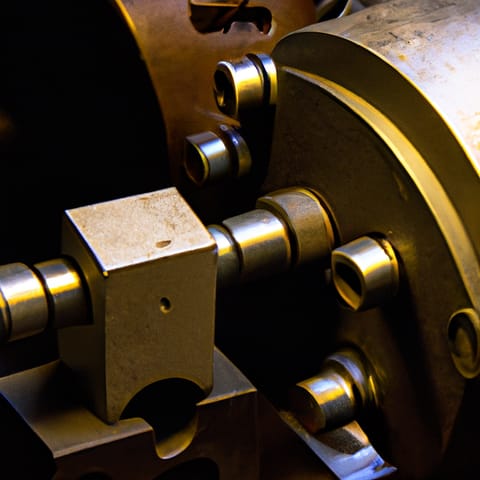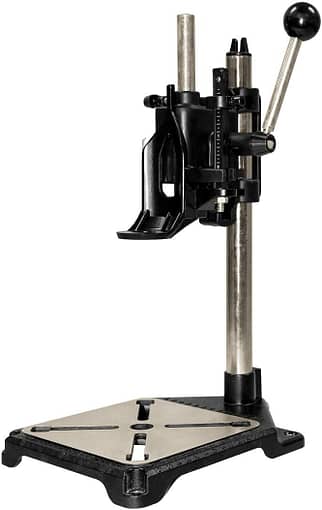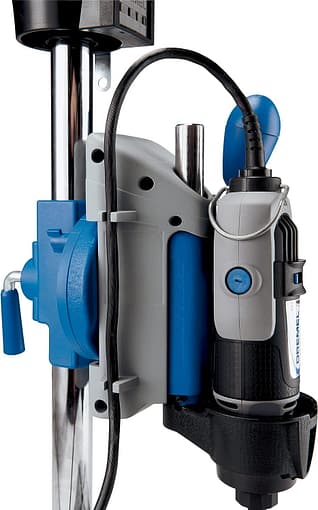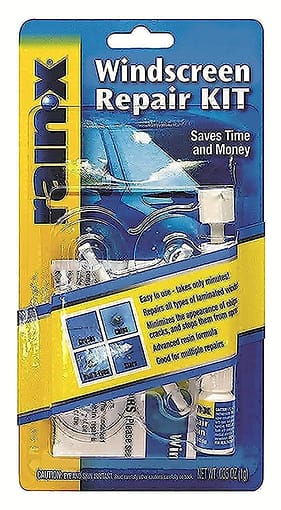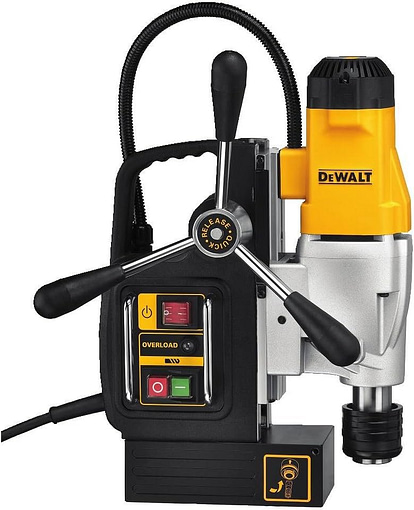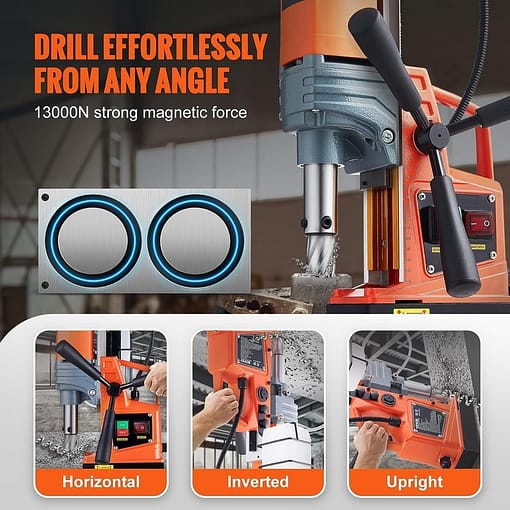So you’re in the market for a new drill, specifically an SDS drill, but you’re not quite sure what options are available to you. Well, fear not, because in this article, we’re going to break down the different types of SDS drills that are out there. Whether you’re a seasoned professional or a DIY enthusiast, understanding the various choices can make all the difference in finding the perfect drill for your needs. From the classic SDS-Plus to the more advanced SDS-Max, we’ve got you covered. So let’s get started and explore the world of SDS drills together!
Corded SDS Drills
Corded SDS drills are power tools that are powered by electricity through a cord. These drills provide a reliable and consistent power source, making them suitable for heavy-duty tasks. There are two main types of corded SDS drills: rotary hammer drills and combination hammer drills.
Rotary Hammer Drills
Rotary hammer drills are a popular choice for both professionals and DIY enthusiasts. They are designed to deliver a powerful hammering action while also providing the ability to drill into various materials such as concrete, brick, and stone. The rotary motion of the drill bit allows for faster and more efficient drilling, making it an ideal tool for demanding projects.
The key advantage of rotary hammer drills is their ability to deliver a high impact force, which is essential for drilling into hard materials. These drills typically have an SDS chuck system that allows for quick and easy bit changes without the need for additional tools. It is important to note that rotary hammer drills can be quite heavy and bulky, making them better suited for larger projects.
Combination Hammer Drills
Combination hammer drills, also known as rotary hammer drills with a drilling-only mode, offer more versatility compared to rotary hammer drills. These drills combine the features of a rotary hammer drill with a standard drill, allowing them to perform both hammer drilling and regular drilling tasks.
One of the main advantages of combination hammer drills is their ability to switch between the two modes, making them suitable for a wide range of applications. In hammer drilling mode, they can tackle tough materials like concrete, while in drilling mode, they can be used for tasks such as drilling holes in wood or metal. This flexibility makes combination hammer drills a valuable tool for professionals who require versatility in their work.
Cordless SDS Drills
Cordless SDS drills offer the convenience of mobility and the freedom to work in areas without a power source. These drills are powered by rechargeable batteries, eliminating the need for a cord and allowing for greater flexibility on the job site. Similar to corded options, cordless SDS drills are available in both rotary hammer drill and combination hammer drill models.
Rotary Hammer Drills
Cordless rotary hammer drills provide the same power and performance as their corded counterparts but with the added benefit of portability. These drills are commonly used in construction sites, where the freedom to move around without being restricted by a cord is highly desirable.
Cordless rotary hammer drills often feature brushless motors, which offer several advantages, including longer runtime, increased power efficiency, and extended tool life. The batteries used in these drills can vary in voltage, and it is important to consider the capacity and charging time when choosing a cordless SDS drill.
Combination Hammer Drills
Cordless combination hammer drills are a versatile option that combines the power of a rotary hammer drill with the convenience of a standard drill. These drills are suitable for a range of applications, including drilling into various materials and driving screws.
The flexibility offered by cordless combination hammer drills is particularly beneficial in areas without a power source, such as remote job sites or outdoor projects. The ability to switch between hammer drilling and regular drilling modes makes them a go-to tool for professionals who require adaptability in their work.
Standard SDS Drills
Standard SDS drills are a popular choice for general drilling tasks. These drills are available in both corded and cordless models and provide a balance between power and portability. They are suitable for a wide range of materials, including wood, metal, and masonry.
Rotary Hammer Drills
Standard rotary hammer drills are designed for drilling into softer materials such as wood and metal. They offer a combination of rotary drilling and impact action, making them ideal for jobs that require both precision and power. These drills are often equipped with a clutch mechanism that helps prevent the bit from locking up and causing unnecessary damage.
Standard rotary hammer drills typically have a smaller chuck size compared to heavy-duty models, ranging from 3/8 inch to 1/2 inch. This makes them suitable for tasks that require drilling smaller diameter holes.
Combination Hammer Drills
Standard combination hammer drills are versatile tools that can handle both drilling and hammer drilling tasks. They offer the convenience of a regular drill with the added power for more demanding applications. These drills are often used in construction, remodeling, and DIY projects.
The chuck size of standard combination hammer drills tends to be larger, usually ranging from 1/2 inch to 3/4 inch. This allows for drilling larger diameter holes and accommodates a wider range of drill bits.
Heavy-duty SDS Drills
Heavy-duty SDS drills are designed to tackle the toughest drilling tasks that require a high level of power and durability. These drills are commonly used in construction, demolition, and other demanding applications. Similar to other categories, heavy-duty SDS drills are available in both corded and cordless options.
Rotary Hammer Drills
Heavy-duty rotary hammer drills are built to withstand intense use and deliver exceptional performance. They excel at drilling into hard materials like concrete, stone, and brick. These drills often feature a larger chuck size, ranging from 3/4 inch to 1-1/2 inches, allowing for drilling larger diameter holes.
Heavy-duty rotary hammer drills are equipped with advanced features such as anti-vibration technology, which reduces user fatigue, and a torque limiter, which helps protect the tool from damage during excessive force. These drills are often the preferred choice for professionals who regularly work with demanding materials and projects.
Combination Hammer Drills
Heavy-duty combination hammer drills offer the same durability and power as their rotary hammer drill counterparts but with the added versatility for drilling a variety of materials. These drills can handle both hammer drilling and regular drilling tasks with ease.
The larger chuck size of heavy-duty combination hammer drills enables them to handle more substantial bits and drill larger diameter holes. They are commonly used in construction and demolition projects that require the ability to switch between drilling modes without compromising power.
Lightweight SDS Drills
Lightweight SDS drills are designed for users who prioritize maneuverability and ease of use. These drills are typically more compact and lighter in weight, making them suitable for overhead and extended use. Both corded and cordless options are available in the lightweight category.
Rotary Hammer Drills
Lightweight rotary hammer drills are specifically designed to minimize user fatigue and strain during operation. These drills are often equipped with ergonomic features such as a comfortable grip and a balanced design, allowing for extended periods of use without discomfort.
The compact size and lightweight nature of these drills make them ideal for tasks that require drilling in tight spaces or overhead. While they may not offer the same power as heavy-duty models, lightweight rotary hammer drills are still capable of handling drilling tasks in materials such as concrete and masonry.
Combination Hammer Drills
Lightweight combination hammer drills offer the convenience of a regular drill while maintaining a compact and lightweight design. These drills are suitable for various applications, including drilling holes in wood, metal, and masonry, as well as driving screws.
The portability and maneuverability of lightweight combination hammer drills make them a popular choice for professionals who frequently work in confined spaces or on projects that require frequent movement. Despite their lightweight construction, these drills still deliver sufficient power for most drilling tasks.
1-Inch SDS Drills
1-inch SDS drills are specifically designed for heavy-duty applications that require drilling larger diameter holes. These drills are often used in construction, demolition, and infrastructure projects where a high level of power is necessary.
Rotary Hammer Drills
1-inch rotary hammer drills are designed to tackle demanding drilling tasks with precision and efficiency. They offer a robust hammering action and can effectively drill into hard materials such as concrete, stone, and brick.
The 1-inch chuck size allows for the use of larger diameter drill bits, making these drills suitable for creating holes of significant size. Professionals who work in the construction industry or handle large-scale projects often rely on 1-inch rotary hammer drills for their power and accuracy.
Combination Hammer Drills
1-inch combination hammer drills provide the versatility of a regular drill with the power needed for heavy-duty applications. These drills are capable of drilling holes in various materials, including wood, metal, and masonry. They are often used in construction and remodeling projects where the ability to switch between drilling and hammer drilling modes is essential.
The 1-inch chuck size of these drills allows for drilling larger diameter holes and accommodates a wide range of drill bits. Whether you are working on a woodwork project or engaging in a construction task, a 1-inch combination hammer drill can be a valuable addition to your toolkit.
1/2-Inch SDS Drills
1/2-inch SDS drills are versatile tools that offer a balance between power and maneuverability. They are suitable for a range of projects, including woodworking, metalworking, and light masonry work.
Rotary Hammer Drills
1/2-inch rotary hammer drills are designed for precision drilling in materials such as wood and metal. These drills offer a combination of rotary drilling and impact action, allowing for efficient drilling and improved productivity.
The 1/2-inch chuck size of these drills accommodates a variety of drill bits, making them suitable for tasks that require drilling holes of smaller to medium sizes. Whether you are a professional or DIY enthusiast, a 1/2-inch rotary hammer drill can be a reliable and versatile tool for your drilling needs.
Combination Hammer Drills
1/2-inch combination hammer drills provide the convenience of a regular drill with the added power for heavier drilling tasks. These drills can switch between drilling and hammer drilling modes, offering versatility for various applications.
The 1/2-inch chuck size allows for drilling holes of different sizes, making these combination hammer drills suitable for a wide range of projects. Whether you are assembling furniture or working on a home renovation, a 1/2-inch combination hammer drill can provide the power and versatility you need.
Variable Speed SDS Drills
Variable speed SDS drills offer the ability to adjust the drilling speed according to the task at hand. This feature allows for enhanced control, precision, and versatility in various drilling applications.
Rotary Hammer Drills
Variable speed rotary hammer drills provide the flexibility to choose the optimal drilling speed for different materials and drilling depths. This feature is particularly useful when drilling into fragile materials or when finer control is required.
The ability to adjust the speed allows for better accuracy and reduced risk of damaging the surface being drilled. Whether you need to drill into concrete or delicate materials like ceramic tiles, a variable speed rotary hammer drill can provide the necessary control and customization.
Combination Hammer Drills
Variable speed combination hammer drills offer the versatility of a regular drill with the added benefit of adjustable drilling speed. This feature allows for better precision and performance across a range of applications.
The ability to change the drilling speed helps prevent overheating and enables more accurate drilling in different materials. Whether you are driving screws or performing light masonry work, a variable speed combination hammer drill can adapt to the task at hand, providing optimal results.
Brushless SDS Drills
Brushless SDS drills utilize brushless motor technology, which offers several advantages over traditional brushed motor drills. These drills provide improved performance, extended battery life, and increased power efficiency.
Rotary Hammer Drills
Brushless rotary hammer drills are known for their enhanced performance and durability. These drills utilize electronic circuitry to optimize power delivery, resulting in more efficient energy usage and reduced heat generation.
The lack of brushes in the motor eliminates the need for maintenance, such as brush replacement, making brushless rotary hammer drills more reliable and long-lasting. This feature is particularly beneficial for professionals who rely on their tools for demanding and continuous use.
Combination Hammer Drills
Brushless combination hammer drills offer the same advantages as their rotary hammer drill counterparts, including improved performance and extended battery life. These drills provide the versatility of a regular drill with the added benefit of a brushless motor.
The increased power efficiency of brushless combination hammer drills translates to longer runtime on a single battery charge. This feature is especially valuable in situations where access to a power source is limited. Whether you are working on a construction site or a remote project, a brushless combination hammer drill can provide the power and efficiency you need.
Safety Features in SDS Drills
SDS drills often come equipped with various safety features that protect the user and the tool itself. These features are designed to minimize the risk of accidents and ensure safe operation.
Anti-vibration technology
Many SDS drills feature anti-vibration technology that mitigates the effects of hand-arm vibration, reducing fatigue and discomfort during prolonged use. Excessive vibration can lead to hand-arm vibration syndrome, a condition that affects the nerves, blood vessels, muscles, and joints in the hands and arms. By incorporating anti-vibration technology, SDS drills promote safer and more comfortable operation.
Torque limiter
A torque limiter is a safety feature that prevents damage to the drill and injury to the user’s wrist in case of excessive force or a bit jam. When the drill encounters a significant resistance or a sudden increase in torque, the torque limiter disengages the drive mechanism. This prevents the bit from getting stuck and avoids potential injuries caused by the drill twisting out of control.
Soft start
Soft start is a feature that gradually increases the speed of the drill upon activation, reducing sudden jerks or kickbacks. This gentle acceleration enhances user control and reduces the chances of the bit slipping or damaging the material being drilled. Soft start also helps prolong the life of the drill by minimizing the strain on the motor during startup.
Electronic current limiter
Electronic current limiters are safety features that protect the motor from overload and prevent damage to the drill. If the drill encounters a heavy load or encounters a situation where excessive current is drawn, the current limiter cuts the power to the motor, thereby preventing overheating and prolonging the tool’s lifespan.
In conclusion, SDS drills come in various types and configurations to cater to different needs and applications. Whether you require the power and versatility of a rotary hammer drill, the flexibility of a combination hammer drill, or the convenience of cordless operation, there is an SDS drill available to suit your requirements. Safety features such as anti-vibration technology, torque limiters, soft start mechanisms, and electronic current limiters ensure safe and efficient usage of these powerful tools. By choosing the right SDS drill for the job and understanding its capabilities, you can enhance your drilling experience and achieve professional results.
